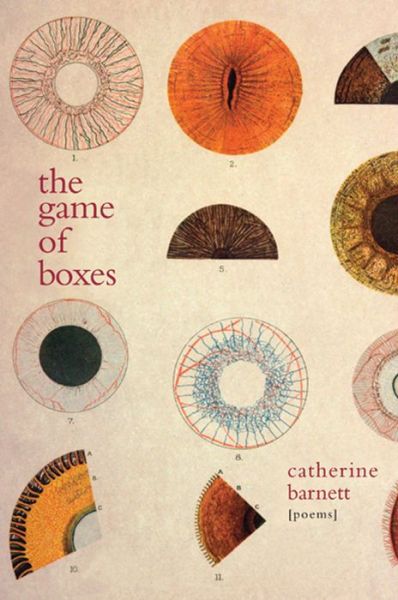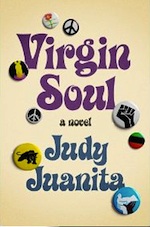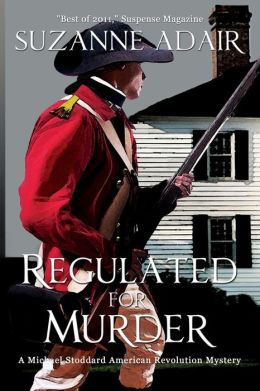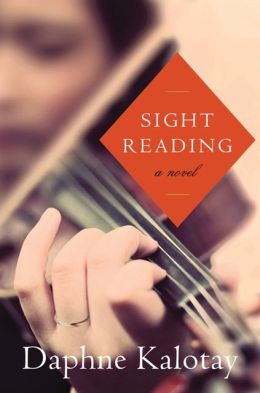
Also, each week, Leslie, Martha, and I will share the Books that Caught Our Eye from everyone’s weekly links.
Here’s what I received:

Christmas just became a lot more complicated for dog psychologist Lizzie Bennet and her sisters. While shopping in London they find little urchin Annie and her dog Sammy. As a fierce snowstorm takes over the city, the aloof but alluring Mister Darcy invites the girls, including Annie and Sammy, to spend the night at his penthouse.
With the best of intentions Darcy asks Annie and her seven siblings to join the Bennet sisters for a quiet Christmas Eve celebration in his London fortress. The skulduggery begins when Caroline Bingley – the villainess Austen fans love to boo – shows up acting the part of the Grinch and Scrooge combined.
Mister Darcy’s Christmas is the second book in Silkstone’s Mister Darcy series of light comedies based on Jane Austen’s timeless tales of jolly old England.

DeFacto Feminism: Essays Straight Outta Oakland views activism and feminism as they play out in one writer’s political, artistic and spiritual life. A distinguished semifinalist for OSU’s 2016 Non/Fiction Collection Prize, De Facto… is a cross between Audre Lorde’s Zami: A New Spelling of My Name and Jean Toomer’s Cane, blending essay, poems, graphics and literary criticism. An act of self-definition spanning four decades, the central person in DeFacto… is the writer herself, a feminist foot soldier. With the feel of memoir, these essays align with female thinkers Anna Julia Cooper, Ida B. Wells-Barnett, Lorde, Alice Walker, Michelle Wallace, Angela Davis, bell hooks, Paula Giddings, Michelle Alexander, Roxane Gay and Chimamanda Ngozi Adiche. Much like the central character in her semi-autobiographical novel, Virgin Soul, whom Juanita calls a female foot soldier, the voice herein is a feminist foot soldier, processing major shifts in American society through the portal of her own artistic development. The essays are set chronologically, beginning with a picture of her Tuskegee Airman father, and an account of a not altogether idyllic childhood in Oakland, California. A patchwork narrative emerges: Growing up in Oakland in the fifties and sixties. Comparing her burgeoning sexuality to young white females in 1964 having orgiastic responses to the Beatles. Formulating an erstwhile womanhood based on Black Nationalism.
Deconstructing the infamous N-word controversy. Looking back acerbically at her romance with The Gun and the black power movement. Paying homage to Black Arts Movement poet Carolyn M. Rodgers. Celebrating 21st century feminism in unexpected places. Examining race and micro-aggression in liberal Berkeley. Living with a ghost/mentor for a year. The book’s format moves from essay to poem to epistle, utilizing the genre of letter writing in the final essay, “Acknowledge Me,” a true ghost story in which a dead playwright, once her teacher, pushes her to succeed. “Whatever Happened to Carolyn M. Rodgers?” pays homage to a poet who became a phantom of the Black Arts Movement (BAM). Rodgers utilized the militancy of the era to draw attention to larger social issues. She mixed slang, nostalgia, curse words, sociology, raw revelation of sexual intimacies to address the abyss between black men and women; she became a near pariah for reviving her Christian faith. “Report from the Front” indicates how America’s most liberal city still channels racism. “De Facto Feminism” tallies the ways feminism finds its way in a country that counts black women out, from fighting/finding contingency, building bridges, breaking bread, doing bizness the old fashioned way, and myriad other examples.
“Cleaning Other People’s Houses” considers the value of physical labor as the author works as a domestic for a living; Juanita leaves that job remembering that Zora Neale Hurston worked as a domestic in the last impoverished decade of her life. In the wake of Trayvon Martin, “The Gun as Ultimate Performance Poem” looks at the gun’s power and role in the African American community from the Panthers to the present. “Five Comrades in The Black Panther Party, 1967-1970” is the author’s recollection on joining the Black Panthers and revisiting the movement some 40 years later. “All The Women in My Family Read Terry McMillan” finds the newly minted novelist asking what to do about black literature, as she finds that it doesn’t quite fit with the chick lit and black chick-lit books her friends and family are reading. “Putting the Funny in the Novel” was written after her agent said her novel (about the Black Panthers) wasn’t funny enough. Juanita learned standup and lived to tell the tale (and jokes). “The N-Word.” In an age of trigger warnings and multiple N-Word explosions, Juanita blasts its premature burial…with qualifications, considerations – and calling it on white cops.
What did you receive?

 About the Author:
About the Author:









